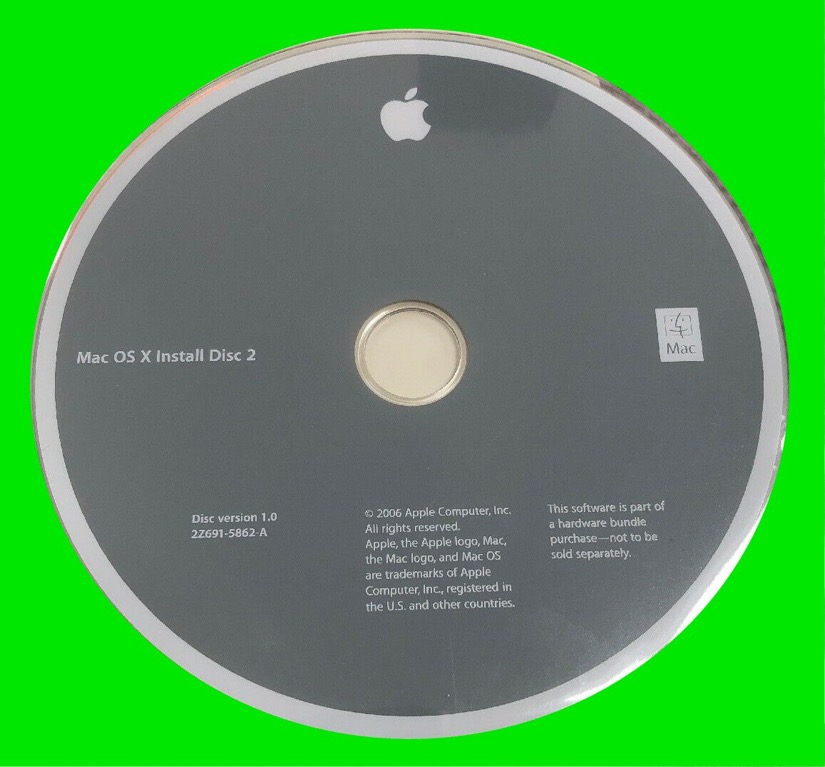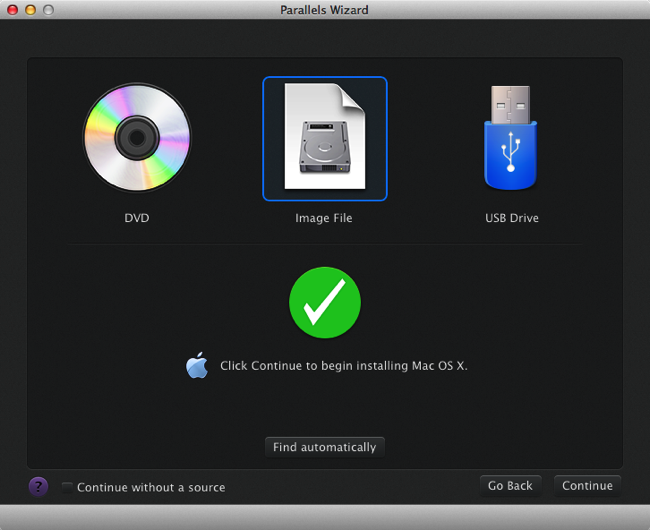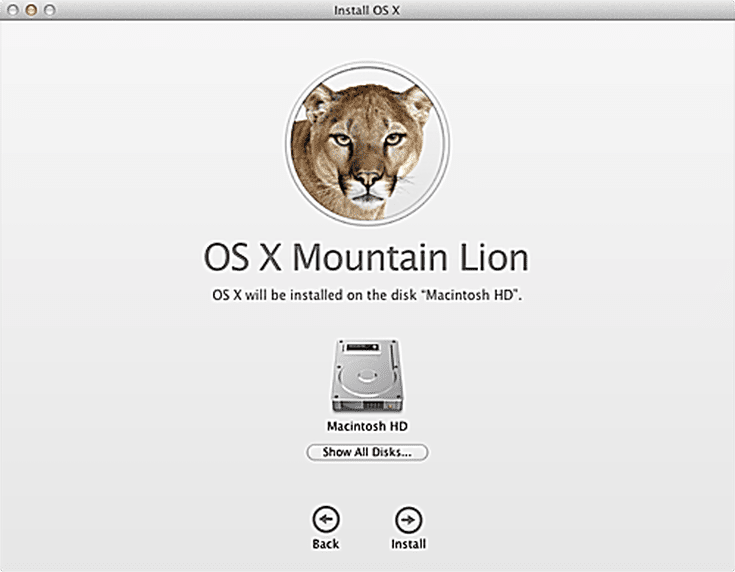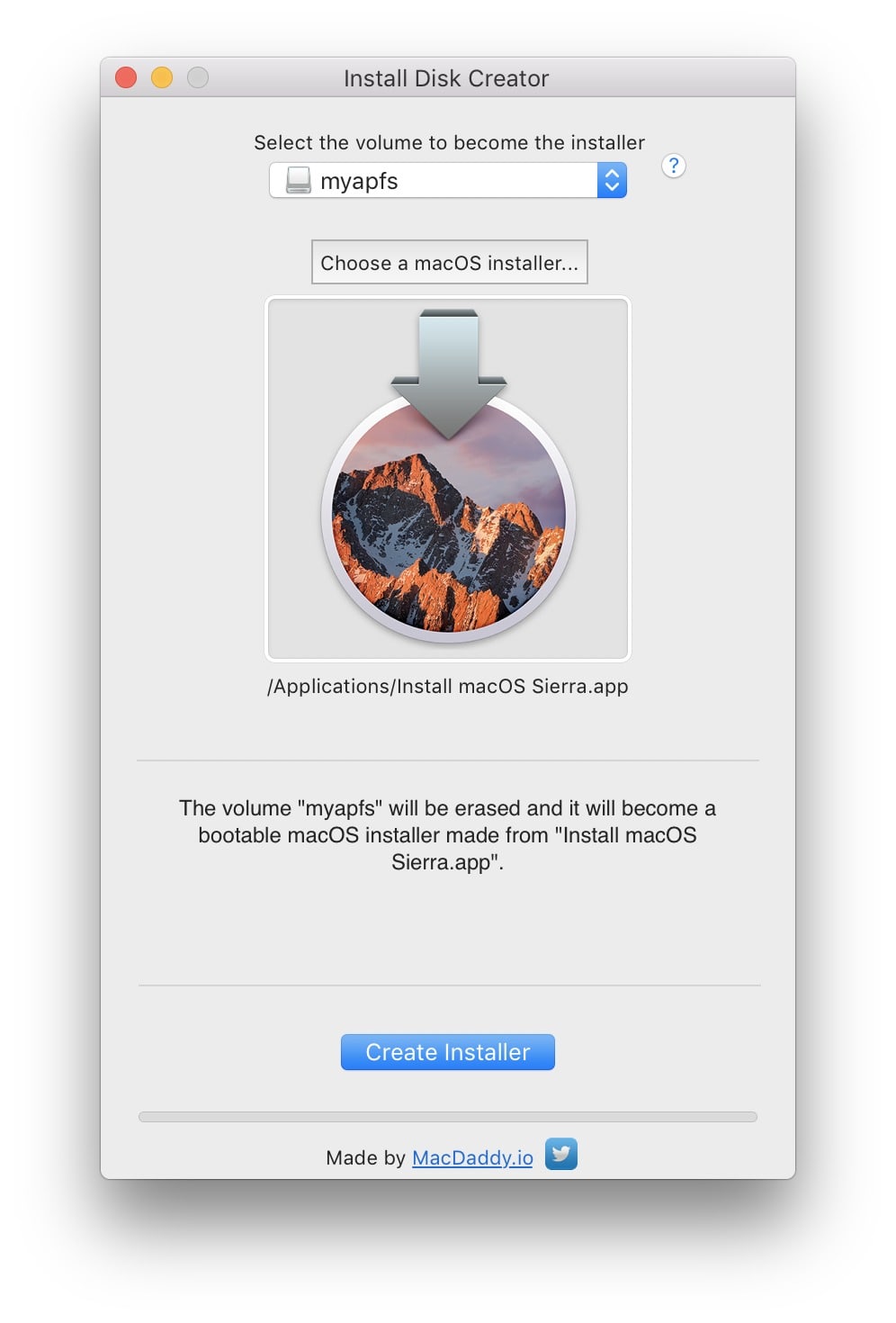
Mac OS X 10.4 Tiger uses less memory than Leopard, supports Classic Mode on PowerPC Macs, and, unlike Leopard, is supported on G3 Macs, so there are good reasons to install or reinstall it on your old Macs.
Why Tiger Instead of Leopard?

As Apple refines Mac OS X 10.5 Leopard and moves closer to the release of 10.6 Snow Leopard, the 10.4 Tiger version of OS X seems destined to fade into computing history. However there are many compelling and unique features in Tiger that make it an ideal or necessary OS on some Macs.
On PowerPC machines, Tiger is the last version of OS X that supports Classic mode, the built-in virtualizer for Mac OS 9 applications. Using Classic mode on a Power Mac G3 or better, it is still possible to run many applications compiled for the original 680×0-based Macs as far back as the 1980s. Some older software or peripherals will only run under OS 9, and Classic mode extends their lifetime. Often a Tiger-based Mac will be a secondary machine repurposed just for this task.
Downloaded using my intel macbook, burned to DVD-R using Toast 8. Select 'copy', 'image file', drag the 'Mac OS X Install DVD.toast' file into the Toast window, click mount image, click 'record disc' and selected 1x speed. The result is a fully bootable OS X Tiger 10.4 install disc in about 33 minutes. This is the elusive Mac OS X 10.4.0 Tiger For PPC G3's. Apple didn't want Tiger to be installed on G3 machines because the G3 doesn’t have Altivec, however some G4's don't have it either and Tiger will install on those machines. How to Install Mac OS X (Tiger, Leopard, or Snow Leopard) on a PC: EDIT: This guide is very outdated and it doesn't exactly go into specifics all that well. By now there are much easier and less time-consuming ways to install Mac OS X on a PC. Step 1: Shut down your Mac and press the Power key to turn on the Mac; then immediately press Command and R keys. Step 2: You will be directed to the macOS utility section and here you need to select 'Disk Utility' to format the USB drive. From the Disk Utility app, select Mac drive name under Internal section and then click on the 'Erase' button.
On Intel-based Macs, there are people who stick with Tiger for several reasons. This may be a budgetary decision, since upgrading to Leopard requires obtaining an installer, possibly some application updates, and often adding more RAM. Leopard’s minimum RAM footprint is about twice what Tiger requires. I recommend 1 GB minimum for Leopard on PowerPC Macs and 2 GB minimum on Intel systems – these are twice Apple’s minimum recommendations.
Also (not infrequently), some people just dislike the newer OS in favor of the older version.
On an original Intel-based Mac with a 2 GB RAM limit or a PowerPC G4-based Mac with a limit below 2 GB, the system will perform better under Tiger than with Leopard if you’re running RAM-hungry apps like Final Cut Pro or the Adobe CS suite, because 10.4 leaves more RAM available to applications.
Obtaining an Installer
The ability to install, reinstall, or upgrade to Tiger remains important, but it is increasingly difficult. Mac OS X 10.4 install discs have been discontinued by Apple and are no longer sold at retail. Finding an installer requires buying a new or used copy from a reseller – or borrowing a copy from a friend, consultant, or other Mac user.*
To increase the challenge, there are different versions of the Tiger installer for PowerPC and Intel Macs. Apple never released a Universal Binary of the full installer, instead releasing separate PowerPC and Intel versions. Some later updates were available as Universal Binaries, but not the full OS installers.
Every Mac sold during the Tiger era came bundled with a grey Mac OS X installer DVD. These discs will reinstall the OS on that model of Macintosh, but they may not work with other Macs using the same processor. There is (I’m sure) an underlying consistency to what discs will work with what models based on system architecture, but these relations are often not user discernible. On practical level, it’s usually a trial-and-error process if you don’t have the right disc.
On the PowerPC side, the situation is easier. Apple sold several versions of Tiger at retail, culminating with a 10.4.6 full install DVD. These discs will work on all supported models of PowerPC Macs and are the best ones to have or try to find via resellers. The bundled install discs that came with G4 and G5 Macs do not work across the board on all models – again trial-and-error.
Upgrade Discs
Some PowerPC systems sold during the Mac OS X 10.3 Panther to Tiger transition included a Tiger Upgrade Installer for Macs with Panther already installed on the hard drive. These upgrade discs work with a wider range of Power Macs, but they require an existing Panther install to be present on the system before use. They also usually don’t offer the Full Install or Archive & Install options, just the Upgrade option.

In many cases upgrading (versus replacing) isn’t the ideal method to use, particularly if the older system is cranky and not performing correctly. For more info on this process, see Maintaining Your Macintosh: The Benefits and Possible Pitfalls of Software Updates.
Intel Macs
All Intel Macs came with their own (grey colored) Tiger install DVDs. Apple never sold a Full Installer for Tiger that was Intel-compatible. No need – if you were buying an Intel Mac, you automatically got Tiger, and if you had a PowerPC Mac, you wouldn’t need an Intel-compatible installer (nor could you use it).
This makes sense – until you need to reinstall Tiger on an Intel-based Mac. The original Intel iMac, MacBook, MacBook Pro, Mac Pro, and Mac mini models, which came with Tiger from the factory, all use different custom install DVDs. Most systems require their own discs, again hit-or-miss will apply.
I have had luck using the 10.4.10 installer that came with my Mac Pro to reinstall Tiger onto an early MacBook, but a MacBook Pro installer from the same era didn’t work. You do need the original discs – just at the moment (of course) when you can’t find those little envelopes that came bundled with the snazzy Apple cleaning cloth and window stickers you safely saved for future use.
Yes, you know they’re around somewhere….
DVD Copies and CD-Only Macs

Once you find (or borrow) the right installer disc(s), it’s a good idea to make a safety copy for future needs. Note that Apple does not use single-layer DVDs for these discs but rather dual-layer replicated discs, which require a dual-layer DVD-R or DVD+R recorder. Fortunately these drives and media are now commonplace (this was not true in Tiger’s early days). I’ve had good luck duplicating Tiger install DVDs using Apple dual-layer-compatible SuperDrives onto DVD+R DL media via the Copy mode in Roxio Toast software.
Another challenge: Many older G4 and G3 systems are Tiger compatible but only have internal CD-ROM or CD-RW drives. Apple did make CD copies of the Tiger installer available on a trade-in basis for a short time, but these are now very hard to find. The easiest method of (re)installing Tiger on a DVD-less Mac is to boot a DVD-equipped Mac into FireWire Target Disk Mode, connect the two systems via a FireWire cable, then insert the DVD into the newer Mac. The DVD will show up on the older Mac’s desktop, and you can proceed with the install.
As a consultant, I’ve used my laptop in the field many times in this fashion to help upgrade older systems. It’s a fantastically useful feature.
Update: A reader suggested an alternate solution to the DVD-less Mac install dilemma: Using Disk Utility on a DVD equipped Mac, he created a .dmg file of the Tiger install disk. He then restored this image across the network onto a small hard disk partition on the target Mac, selected this Installer Partition as the startup disk, and rebooted. In his own words: “Boom! It worked, and I had a functioning emergency boot partition acting as an OS X Tiger Install DVD. The speed differences were so noticeable, it was astounding!”
This is a clever solution. Restoring to an external FireWire drive would also work, from which you could boot up and install.
Install and Update
Download Mac Tiger Install Discord
Once you have acquired the correct install disc for your model of Macintosh, go ahead and do a Full Install or (if you want to keep your old data) an Archive & Install. Once Tiger is installed onto the Mac, boot off the hard drive and then use Software Update under the Apple Menu or the Apple Software Downloads page to grab the remaining updates to get your system as current as possible. The last release is 10.4.11; you will want this update along with any QuickTime and Security updates and all or most Java and application updates. Typically I just get everything available. Several passes and interim reboots will be required to get all patches – keep checking Software Update until there’s nothing left to grab.

Eventually you will arrive at your Big Cat Destination. At the end of the process (and during), a glass or two of beer or wine may be helpful!
* If you are borrowing the install disc, we are assuming you are legally entitled to have Mac OS X 10.4 on your hardware but don’t have or can’t locate your original installer. Low End Mac does not condone software piracy.
This article was originally published on Adam’s Oakbog website. It has been adapted and reprinted here with his permission.
Keywords: #osxtiger #installosxtiger
Short link: http://goo.gl/549bCA
Download Mac Os X Tiger Install Dvd
searchword: installosxtiger